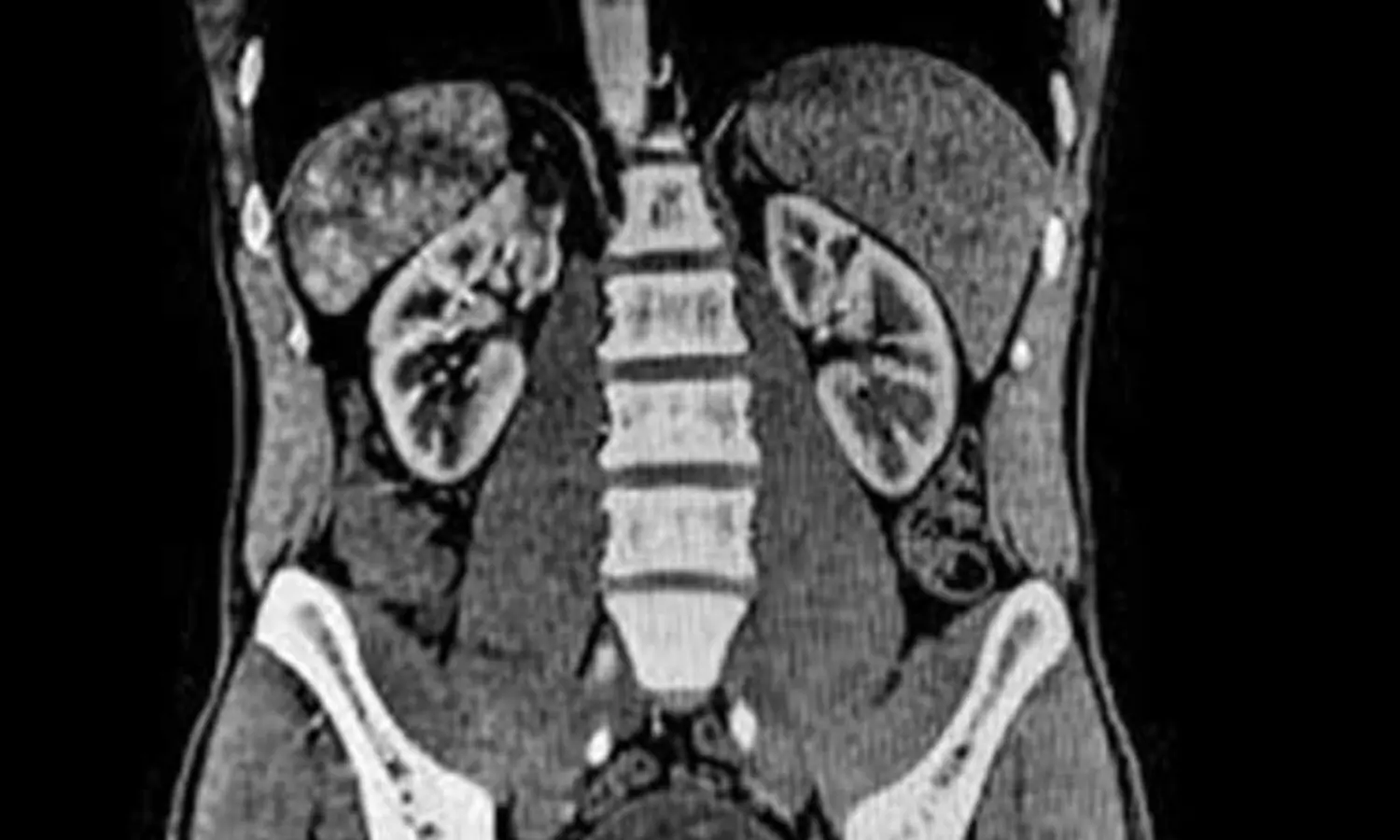- Home
- Medical news & Guidelines
- Anesthesiology
- Cardiology and CTVS
- Critical Care
- Dentistry
- Dermatology
- Diabetes and Endocrinology
- ENT
- Gastroenterology
- Medicine
- Nephrology
- Neurology
- Obstretics-Gynaecology
- Oncology
- Ophthalmology
- Orthopaedics
- Pediatrics-Neonatology
- Psychiatry
- Pulmonology
- Radiology
- Surgery
- Urology
- Laboratory Medicine
- Diet
- Nursing
- Paramedical
- Physiotherapy
- Health news
- Fact Check
- Bone Health Fact Check
- Brain Health Fact Check
- Cancer Related Fact Check
- Child Care Fact Check
- Dental and oral health fact check
- Diabetes and metabolic health fact check
- Diet and Nutrition Fact Check
- Eye and ENT Care Fact Check
- Fitness fact check
- Gut health fact check
- Heart health fact check
- Kidney health fact check
- Medical education fact check
- Men's health fact check
- Respiratory fact check
- Skin and hair care fact check
- Vaccine and Immunization fact check
- Women's health fact check
- AYUSH
- State News
- Andaman and Nicobar Islands
- Andhra Pradesh
- Arunachal Pradesh
- Assam
- Bihar
- Chandigarh
- Chattisgarh
- Dadra and Nagar Haveli
- Daman and Diu
- Delhi
- Goa
- Gujarat
- Haryana
- Himachal Pradesh
- Jammu & Kashmir
- Jharkhand
- Karnataka
- Kerala
- Ladakh
- Lakshadweep
- Madhya Pradesh
- Maharashtra
- Manipur
- Meghalaya
- Mizoram
- Nagaland
- Odisha
- Puducherry
- Punjab
- Rajasthan
- Sikkim
- Tamil Nadu
- Telangana
- Tripura
- Uttar Pradesh
- Uttrakhand
- West Bengal
- Medical Education
- Industry
Preoperative circulating markers of systemic inflammatory response may predict prognosis in primary operable breast cancer

A systematic review and meta-analysis of the current literature were performed to assess the role of clinically commonly available systemic inflammatory circulating markers in breast cancer prognosis. Current evidence suggests a role for preoperative serum neutrophil-lymphocyte ratio (NLR), derived NLR, platelet-to-lymphocyte ratio, and C-reactive protein as prognostic markers in primary operable breast cancer.
Breast cancer is one of the most common cancers and the most frequent cause of mortality in females. There is uncertainty on the role of circulating markers of the systemic inflammatory response in operable breast cancer. Hence a systematic review and meta-analysis were carried out to understand the association of the prognostic markers in operable breast cancer.
Using the keywords, various electronic databases were searched, and identified studies that examined the prognostic value of preoperative circulating markers of the systemic inflammatory response in primary operable breast cancer. For all the markers with more than three studies, reporting an HR and 95 percent confidence interval for disease-free survival (DFS), breast cancer-specific survival (BCSS), or overall survival (OS), a meta-analysis was carried out.
Findings:
- 57 studies were reviewed and 42 were suitable for meta-analysis.
- A higher neutrophil-to-lymphocyte ratio (NLR) was associated with worse overall survival (OS), disease-free survival (DFS), and breast cancer-specific survival (BCSS).
- This effect was also seen with an arithmetically derived NLR (dNLR).
- A higher platelet-to-lymphocyte ratio (PLR) was associated with worse OS and DFS.
- A higher lymphocyte-to-monocyte ratio (LMR) was associated with improved DFS, and a higher C-reactive protein (CRP) level was associated with worse BCSS and OS.
The existing evidence showed the role of preoperative NLR, dNLR, LMR, PLR, and CRP as prognostic markers in primary operable breast cancer. But further studies have to be carried out to establish their role in clinical practice, especially the reproducible thresholds and molecular subtypes for which these may be of most value.
Further reading: Francesca Savioli, Elizabeth S Morrow, Ross D Dolan, Laszlo Romics, Alison Lannigan, Joanne Edwards, Donald C McMillan, Prognostic role of preoperative circulating systemic inflammatory response markers in primary breast cancer: a meta-analysis, British Journal of Surgery, 2022; znac319, https://doi.org/10.1093/bjs/znac319
BDS, MDS
Dr.Niharika Harsha B (BDS,MDS) completed her BDS from Govt Dental College, Hyderabad and MDS from Dr.NTR University of health sciences(Now Kaloji Rao University). She has 4 years of private dental practice and worked for 2 years as Consultant Oral Radiologist at a Dental Imaging Centre in Hyderabad. She worked as Research Assistant and scientific writer in the development of Oral Anti cancer screening device with her seniors. She has a deep intriguing wish in writing highly engaging, captivating and informative medical content for a wider audience. She can be contacted at editorial@medicaldialogues.in.
Dr Kamal Kant Kohli-MBBS, DTCD- a chest specialist with more than 30 years of practice and a flair for writing clinical articles, Dr Kamal Kant Kohli joined Medical Dialogues as a Chief Editor of Medical News. Besides writing articles, as an editor, he proofreads and verifies all the medical content published on Medical Dialogues including those coming from journals, studies,medical conferences,guidelines etc. Email: drkohli@medicaldialogues.in. Contact no. 011-43720751




